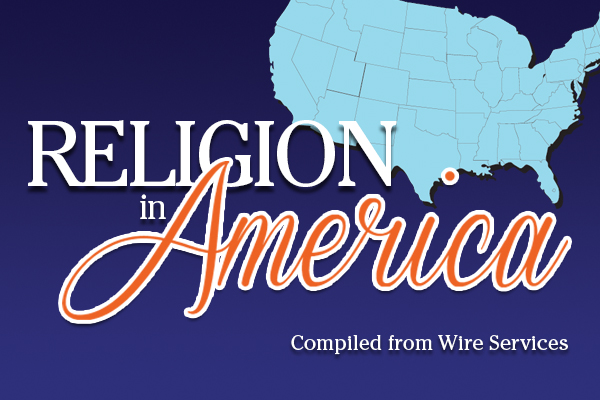WASHINGTON — The Supreme Court announced Nov. 26 that it will decide whether for-profit businesses can be treated like religious entities in a politically and constitutionally freighted test of the Obama administration’s mandate that employers include free contraception coverage as part of their health plans.
The cases the high court will now take up are likely to establish important precedents by setting the parameters of religious rights in two key arenas.
The main yardstick for the justices, according to legal experts, will be the 1993 Religious Freedom Restoration Act (RFRA). Ironically the law was backed by Democrats largely in response to an opinion by Justice Antonin Scalia, one of the bench’s most conservative members, that limited the rights of religious objectors. RFRA sought to redress Scalia’s claims by mandating that the government may not “substantially burden a person’s exercise of religion” without a “compelling” reason.
Now that threshold is expected to be a major hurdle for a Democratic administration as the White House tries to fend off challenges to the contraception mandate, which has become one of the president’s most bitterly contested policies.
The second, though perhaps less important, guidepost for the justices will be the controversial Citizens United decision of 2010 in which a sharply divided bench ruled that corporations have free speech rights and therefore cannot be prevented from spending money to support or oppose political candidates.
Now the justices will decide whether corporations whose owners espouse particular beliefs also have some of the same rights as individual believers and houses of worship. Citizens United has already been cited by lower court judges in ruling against the mandate.





Share with others: